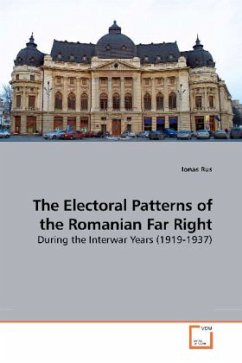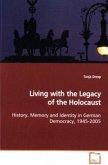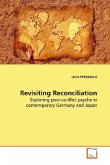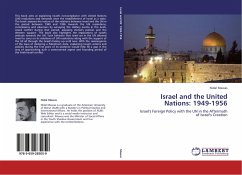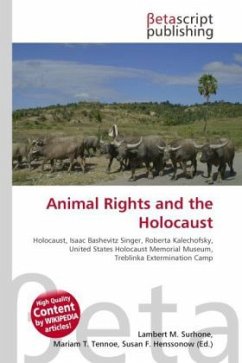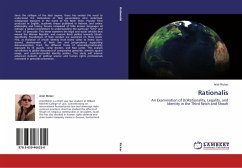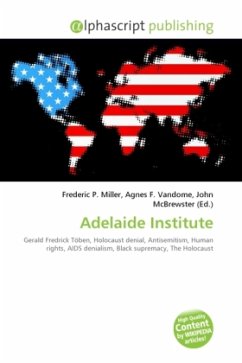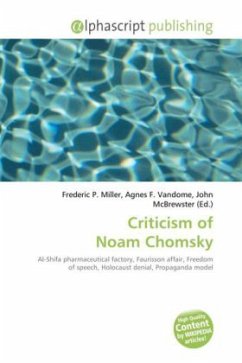This thorough, well documented and ambitious study is an invaluable resource to the study of Romanian elections and of the European interwar far right. Dr. Dumitru Sandru, Professor of History and senior researcher at the "A.D. Xenopol" History Institute, Romanian Academy, Iasi, Romania This book explores the patterns of electoral support for two Romanian extreme nationalistic political organizations, in terms of how, and especially why, they varied province-by- province, and county-by-county. The groups were the fascist Legion of the Archangel Michael, and the reactionary or semi-fascist National Christian Party (PNC), as well as the latter''s two "parent" parties, namely the League of National Christian Defense (LANC), and the National Agrarian Party (PNA). Although the situation in the 1920''s will not be ignored, the emphasis will be placed on the 1930''s, and especially on the last reasonably free and fair Romanian parliamentary elections before World War II, those held on December 20, 1937, when the far right was at its electoral apogee.
Bitte wählen Sie Ihr Anliegen aus.
Rechnungen
Retourenschein anfordern
Bestellstatus
Storno

